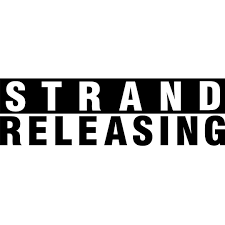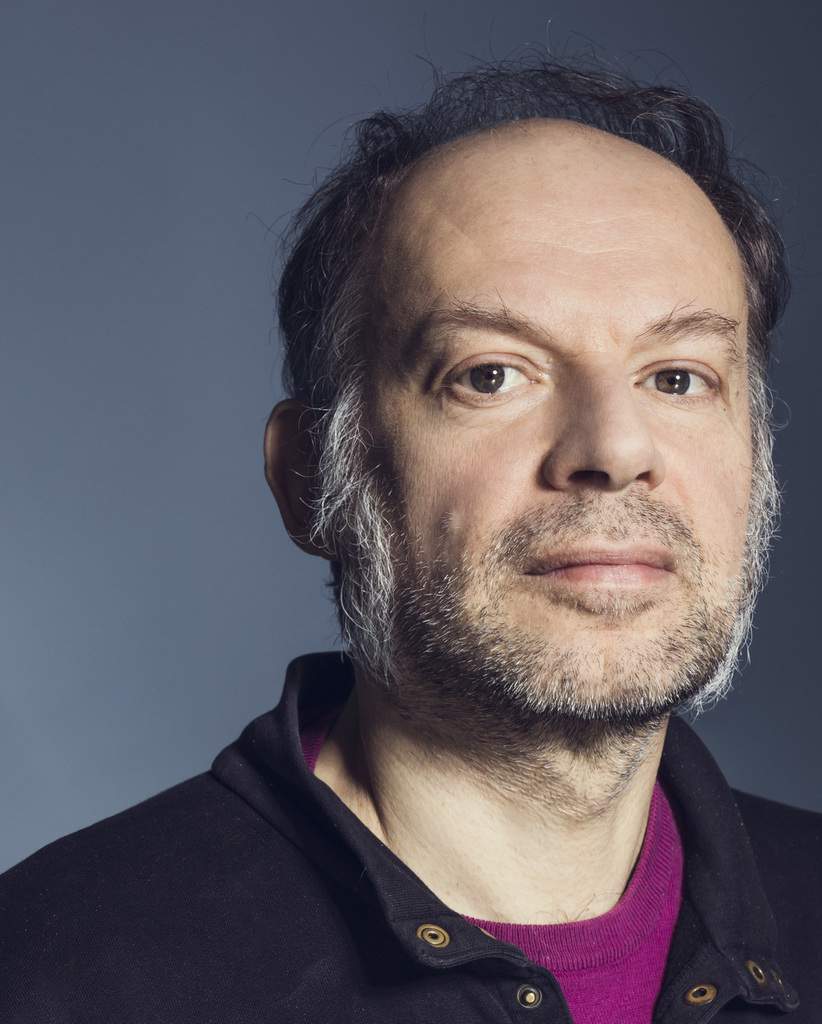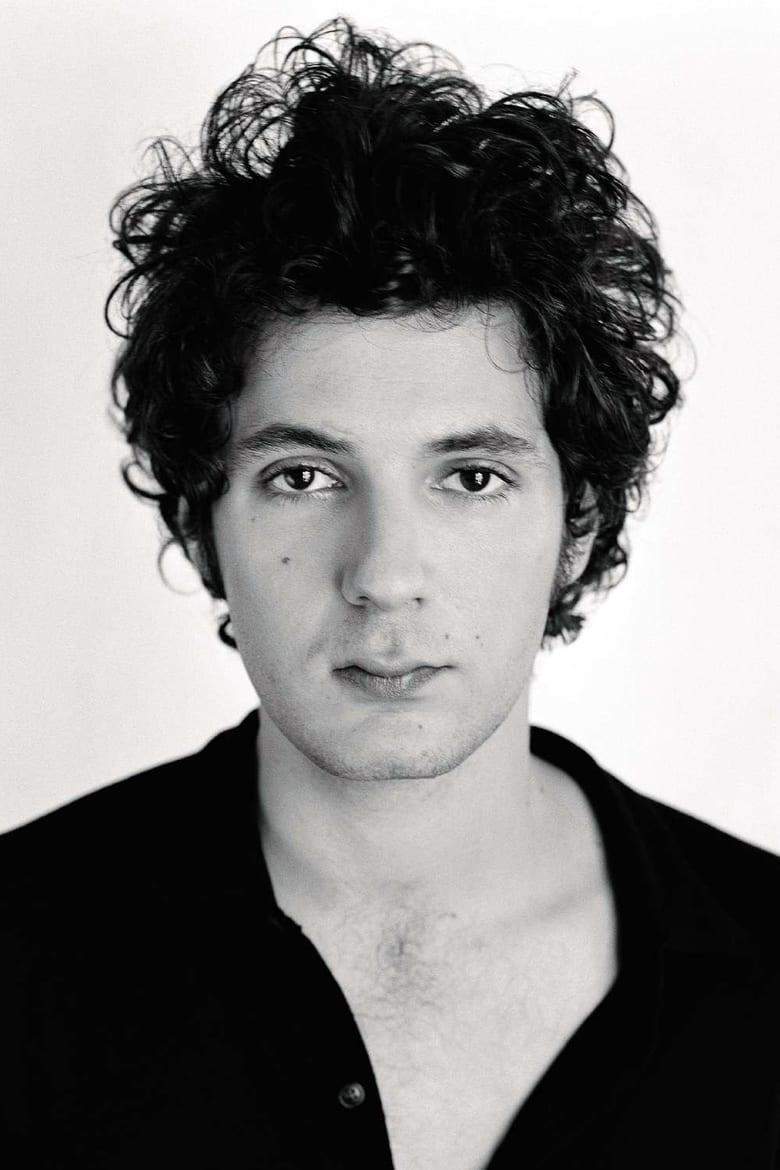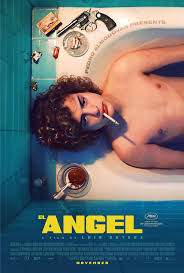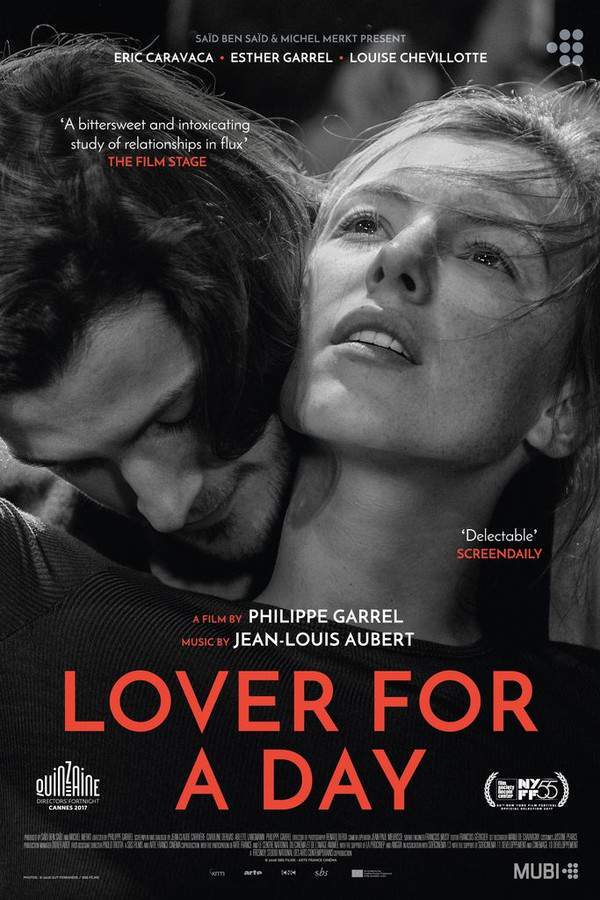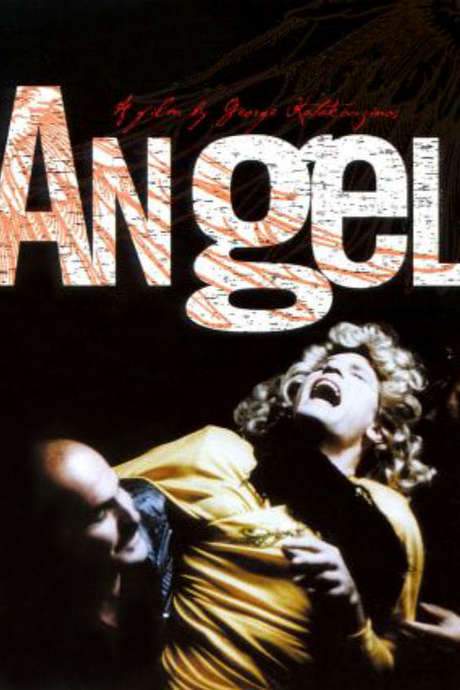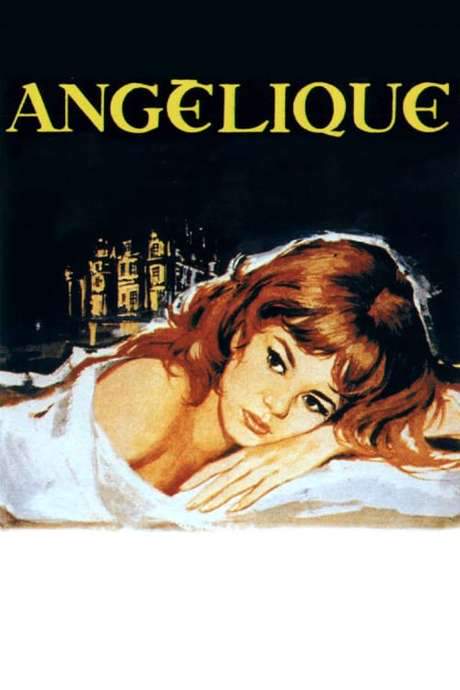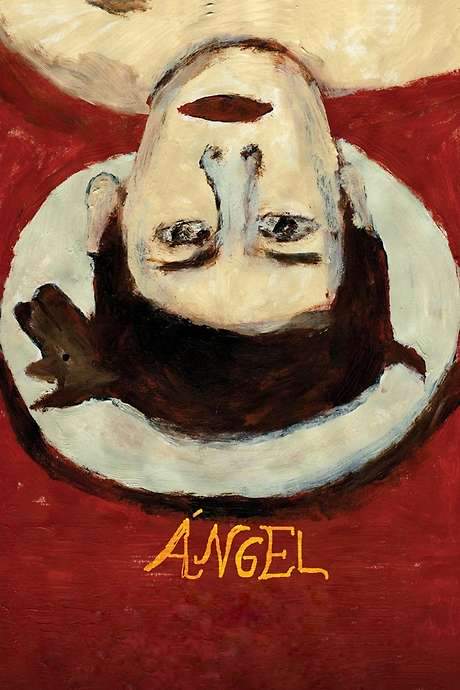Sorry Angel 2019
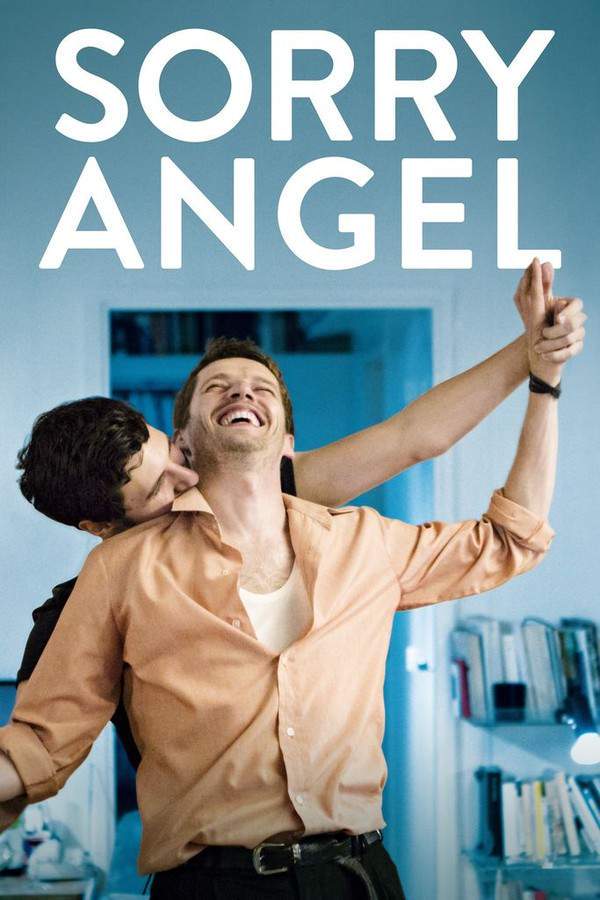
In 1990s Paris, Jacques, a writer and single father, grapples with love, loss, and the challenges of raising a child while longing to rekindle his own youthful passions. His life takes an unexpected turn during a trip to Brittany, where he meets Arthur, a young filmmaker full of ambition and enthusiasm. This encounter sparks a complex relationship, as Jacques finds himself drawn to Arthur’s charm and idealism, leading to a journey of self-discovery and unexpected desires.
Does Sorry Angel have end credit scenes?
No!
Sorry Angel does not have end credit scenes. You can leave when the credits roll.
Meet the Full Cast and Actors of Sorry Angel
Explore the complete cast of Sorry Angel, including both lead and supporting actors. Learn who plays each character, discover their past roles and achievements, and find out what makes this ensemble cast stand out in the world of film and television.
External Links and Streaming Options
Discover where to watch Sorry Angel online, including streaming platforms, rental options, and official sources. Compare reviews, ratings, and in-depth movie information across sites like IMDb, TMDb, Wikipedia or Rotten Tomatoes.
Ratings and Reviews for Sorry Angel
See how Sorry Angel is rated across major platforms like IMDb, Metacritic, and TMDb. Compare audience scores and critic reviews to understand where Sorry Angel stands among top-rated movies in its genre.

The Movie Echo Score
Sorry Angel presents a restrained yet resonant exploration of friendship, love, and mortality set against early ’90s France. Critics generally laud its emotional depth and compelling performances, noting moments of genuine warmth and affecting insight. However, opinions diverge on the film’s pacing and occasional stylistic indulgences, with some finding its structure digressive. On balance, the narrative and character work deliver a thoughtfully nuanced drama that leaves a memorable impact overall.
The Movie Echo Score Breakdown for Sorry Angel

Art & Craft
In terms of art & craft, the film balances striking cinematography and period design with occasional ornamental excess. Several reviewers praise its vibrant color palette and elegant compositions, while some find the camera movements overly indulgent. The production design effectively evokes the early ’90s setting. Overall, the visuals are compelling but occasionally detract from the narrative focus.

Character & Emotion
When it comes to character & emotion, the leads deliver nuanced performances that convey both warmth and restraint. Multiple critics note engaging chemistry and emotional depth in moments of joy, humor, and grief. Although a few performances are described as self-regarding, the overall ensemble creates an affecting portrait of friendship and love. The acting remains a significant asset to the film.

Story & Flow
In terms of story & flow, the narrative presents a thoughtful exploration of life and mortality but occasionally drifts in pace. Critics commend its thematic depth and intimate moments, yet many highlight a lack of momentum and a digressive structure. The plot’s gentle progression can feel uneven despite engaging set pieces. Overall, the film offers richness of ideas with some pacing unevenness.

Sensory Experience
When evaluating the sensory experience, the film’s sound design and soundtrack support an immersive atmosphere. Reviewers praise its vivid period ambiance and the use of vibrant hues to reinforce emotional tones. A few find certain flourishes in camerawork distracting, but the audiovisual cohesion largely enhances the storytelling. Overall, the sensory style heightens mood and setting effectively.

Rewatch Factor
In terms of rewatch factor, the film leaves a lingering emotional impression that encourages return visits. Several reviewers mention its lasting poignancy and the resonance of key scenes, while some note that its meandering pace might limit repeated viewings. Despite structural digressions, the thematic depth and affecting performances provide sufficient allure for subsequent explorations of its narrative layers.

73
Metascore
8.4
User Score


82%
TOMATOMETER

65%
User Score

6.8 /10
IMDb Rating

69
%
User Score

3.6
From 71 fan ratings

1.00/5
From 1 fan rating
Take the Ultimate Sorry Angel Movie Quiz
Challenge your knowledge of Sorry Angel with this fun and interactive movie quiz. Test yourself on key plot points, iconic characters, hidden details, and memorable moments to see how well you really know the film.
Exploring Love and Loss in Sorry Angel: Test your knowledge about the poignant story of love, mortality, and artistic passion in 'Sorry Angel'.
What year does 'Sorry Angel' take place?
1990
1993
1995
1996
Show hint
Full Plot Summary and Ending Explained for Sorry Angel
Read the complete plot summary of Sorry Angel, including all major events, twists, and the full ending explained in detail. Explore key characters, themes, hidden meanings, and everything you need to understand the story from beginning to end.
Set in 1993, Jacques (Pierre Deladonchamps), a 39-year-old gay author, navigates life in Paris while balancing his responsibilities as a part-time father to his young son, Loulou. Loulou, who spends every other night with Jacques, has become accustomed to his father’s bouts of self-indulgent melancholy and his fervent appreciation for the arts, alongside an ever-revolving door of young lovers. Simultaneously, Jacques grapples with the worsening effects of AIDS on his health, a fate that also plagues his ex-lover, Marco.
Upon Marco’s arrival after being cast aside by his new partner, Thierry, the two men engage in profound conversations contemplating suicide as a means to escape the ravages of the disease. Jacques resides just below his close friend Mathieu (Denis Podalydès), an older gay man and newspaper editor who often supports Jacques through his dramatic ups and downs.
During this turbulent period, Jacques encounters Arthur (Vincent Lacoste), a 22-year-old student and camp counselor, at a work event in Brittany. Arthur, fresh to his own homosexual identity, feels disillusioned by the apathy of his generation towards literature and intimacy, leading him to seek out the intellectual resonance offered by Jacques. Although Jacques is conflicted by a current relationship with the younger Jean-Marie and the burdens of his illness, he finds himself irresistibly drawn to Arthur. Despite his intentions to maintain a platonic relationship, they share several intimate moments before Jacques returns to Paris.
As Jacques’s condition deteriorates—a reality that does not deter Arthur from becoming involved—Arthur visits him, where Jacques confronts his feelings. He articulates his desire to push Arthur away, fearing the despair that accompanies the loss of a new love too soon. Arthur, captivated by Jacques’s poetic perspective, struggles with the notion of separation, passionately believes they can build a meaningful life together. The evening they spend with Mathieu culminates in Arthur’s optimistic declaration that they “could make a good life together.” Eager to solidify their future, he travels back to Brittany to break the news to his friends about his decision to move to Paris with Jacques.
Unbeknownst to Arthur, as he waits for Jacques to respond to his calls, Jacques is quietly orchestrating his own demise. Jacques makes his final preparations by sharing his life diaries with Mathieu and bids farewell, ultimately choosing not to answer Arthur’s last call, illustrating the tragic weight of love and loss enveloped in their intertwined fates.
Uncover the Details: Timeline, Characters, Themes, and Beyond!

Coming soon on iOS and Android
The Plot Explained Mobile App
From blockbusters to hidden gems — dive into movie stories anytime, anywhere. Save your favorites, discover plots faster, and never miss a twist again.
Sign up to be the first to know when we launch. Your email stays private — always.
Watch Trailers, Clips & Behind-the-Scenes for Sorry Angel
Watch official trailers, exclusive clips, cast interviews, and behind-the-scenes footage from Sorry Angel. Dive deeper into the making of the film, its standout moments, and key production insights.
Sorry Angel Themes and Keywords
Discover the central themes, ideas, and keywords that define the movie’s story, tone, and message. Analyze the film’s deeper meanings, genre influences, and recurring concepts.
Sorry Angel Other Names and Titles
Explore the various alternative titles, translations, and other names used for Sorry Angel across different regions and languages. Understand how the film is marketed and recognized worldwide.
Similar Movies To Sorry Angel You Should Know About
Browse a curated list of movies similar in genre, tone, characters, or story structure. Discover new titles like the one you're watching, perfect for fans of related plots, vibes, or cinematic styles.
Quick Links: Summary, Cast, Ratings, More

What's After the Movie?
Not sure whether to stay after the credits? Find out!
Explore Our Movie Platform
New Movie Releases (2026)
Famous Movie Actors
Top Film Production Studios
Movie Plot Summaries & Endings
Major Movie Awards & Winners
Best Concert Films & Music Documentaries
Movie Collections and Curated Lists
© 2026 What's After the Movie. All rights reserved.


